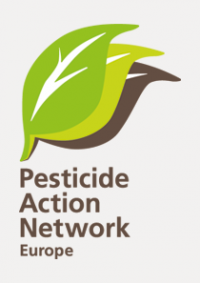All over Europe, farmers and municipalities are proving that food can be produced in a healthy, caring, fair and ecological way, without pesticides or with a minimal amount. Many farmers across Europe have already managed to phase out pesticides or substantially reduce their use.
Unfortunately, these positive examples are not yet the norm. Driven by corporate interests, our current food system is still overreliant on pesticides, harming human health and destroying biodiversity. A growing body of scientific evidence links pesticide exposure to serious health problems, including respiratory conditions, neurological disorders, developmental delays and cognitive impairments, cancers, and decreased fertility/infertility. Agricultural workers, their families, and communities living near farming areas are especially vulnerable to these diseases. Pesticide residues are also found in the food we eat and the water we drink, affecting people far beyond agricultural areas.
The impacts on nature are alarming. In Europe, a more than 75% decline over 27 years (1989 - 2016) in total flying insect biomass in protected areas has been observed, while farmland bird populations have plummeted by 60% over the last 40 years, including vital pollinators and natural pest predators. Pesticides are a major driver of this collapse, undermining ecosystem health and triggering cascading ecological effects that threaten the future of our food production.
The good news is that alternatives to pesticides exist. They need to be implemented and scaled-up systematically and ambitiously. With this report, we want to showcase examples, of farmers from around Europe who have ambitiously reduced their pesticide use, or who do not use pesticides. Farmers taking the lead in the transition away from pesticides, and prioritising the well-being of citizens, farmers and ecosystems, should inspire policy-makers to ensure the broad upscaling of these practices, and the full implementation of pesticide legislation.
